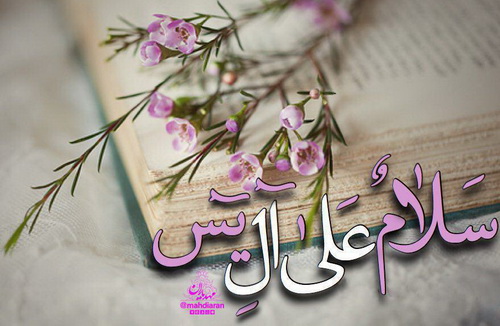We have lost the aim of life…
In this series, brief and heart to heart writings are going to be used. You can send us your brief and moving heart to heart writings to be used…
“In my opinion, to live as getting up in the morning, doing some repetitious actions, sleeping at night and continuing this way is the same as animals’ lives, we should ponder how effective we are in this world. Some of us come to that we should serve Allah: “I have only created Jinns and men, that they may serve Me.”
Those who come this far, have passed this animal stage and are humans but unfortunately most of people stay here. We should go further. Serving without knowing Imam Mahdi (PBUH) is worthless, that is why one of the duties of the awaiting people is to know Imam Mahdi (PBUH).”
(Professor Raefipoor, Hashtgerd, 26 May 2017)
The barriers of the Occultation
My master, we call you in our meetings and on our streets to return! But we are unaware that you’re not the one who should return! It’s us who should return to ourselves!
O dear master, we want you to hear us and take a short glance at us! But we have forgotten that you are an observer of our activities and twice a week you become aware of what we do.
We implore you to tell us about your location so we promptly sacrifice ourselves at your feet! But I don’t know why we can’t sacrifice our wishes for your Reappearance! Aren’t you our beloved and don’t we constantly ask for your Reappearance? Then why what you want is grave, hard and impossible for us?
All of us are after those who have visited you, but we have forgotten that you may pass us every moment. O Imam Mahdi, all of us wish we could see you and say hello to you. But we have forgotten that anywhere we say hello to you, you will answer us.
We even forget to say hello to each other in alleys and streets! Maybe the one we passed by slowly… O Flower of Narcissus … I don’t know what happened. We have missed this much the scent of daffodil (you). You pray. Perhaps we return because of the sake of your prayers. I wanted to talk about the barriers! But the barriers of the Occultation took away other barriers from my mind…
Read the rest

